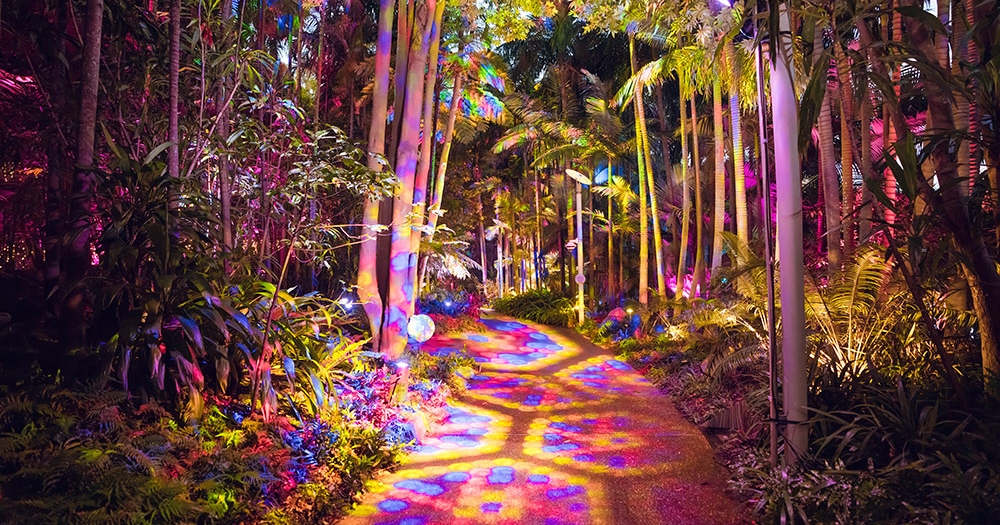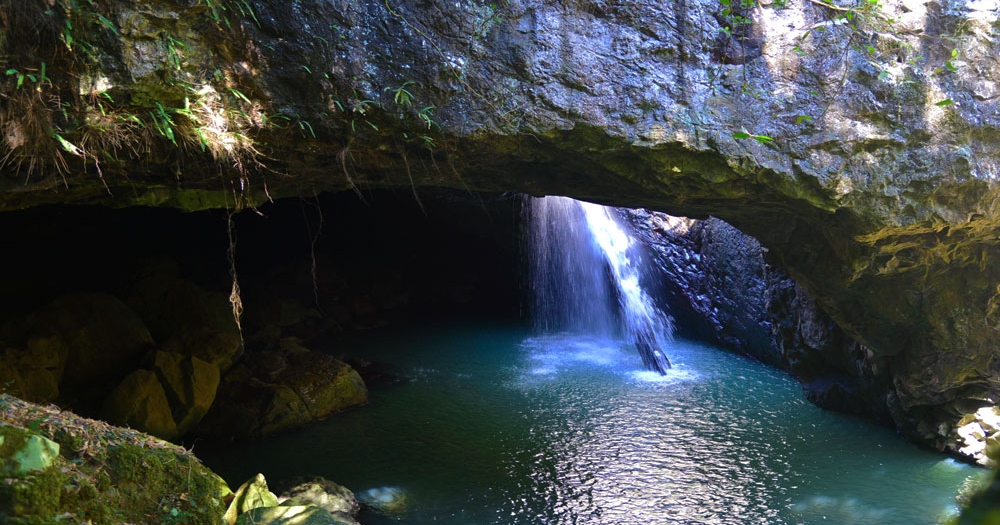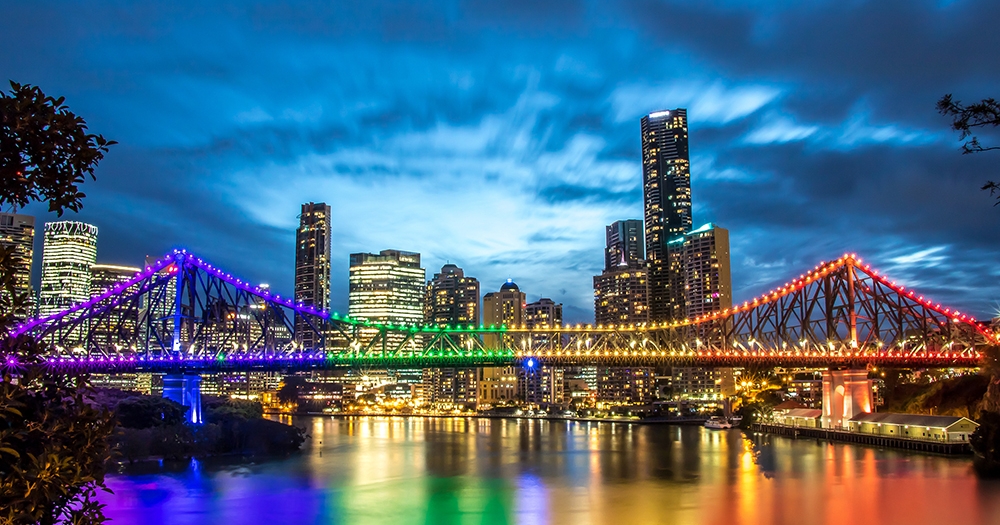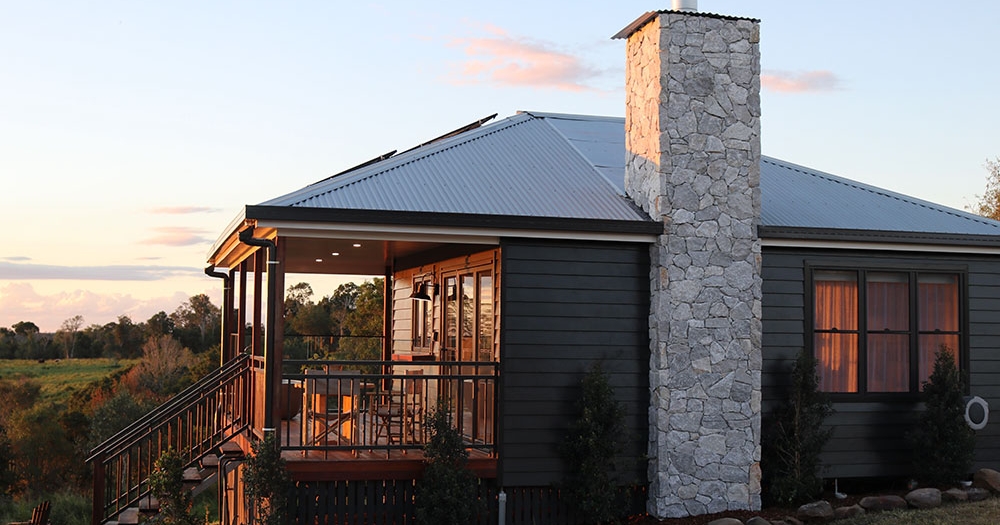Castle Hill Blackstone Reserve
Ipswich
Updated: Sep 27, 2025
Castle Hill Blackstone Reserve is a unique bushy hill of interesting historic walking tracks and mountain bike trails on the site of an old Ipswich ‘castle’ and mines.
Little remains of Brynhyfryd*, the lost castle of Blackstone Hill - an imposing 3-storey Italianate mansion of 49 rooms which was the biggest residence ever to be built in Ipswich and which is the stuff of local legends.

The site is also a honeycomb of old mines, with warning signs throughout about open mine shafts and pointers along the trails indicating abandoned ‘air shafts’, filled-in entrances to tunnels and old ‘fan shafts’.
The walking trails are well indicated with markers (as are the bike trails) and along the way there’s plaques and boards depicting the history of the area. While most of it is easy grade, there are the odd gravelly slope and proper enclosed walking shoes should be worn. Be sure to bring bottles of water and hats or sunscreen (though the walk is cool, breezy and partly shaded)
1 hr Walk
Start by parking in the car park adjacent to Blackstone Hall, a weatherboard historic building that sits alongside Brynhyfryd Park, a fenced corner reserve with picnic facilities, BBQ and playground equipment.

Walk past the hall to the park and then head up the hill to where there’s an entrance to Blackstone Reserve. From there simply follow the markers, which take walkers up hill past the relics of old filled in mine shafts, coal-loading stations, tunnels and points of historical interest.

Along the way are scenic vistas of mountain ranges, the city of Ipswich and vast tracts of surrounding countryside.

Eventually there’s glimpses of a clearing at the top and here the path divides in two. To the right signage indicates the site of the old castle, 50m away, although nothing remains here. Return to the intersection and head slightly up hill to a ridge and here is the red brick wall remains of the old dairy dating from 1890 and a heap of rusted mangled junk.

Follow the ridge further to where the walking track joins with the bike trail to head across to the other part of Blackstone Hill. From here there are stunning mountain views.

Head back towards the castle site and where it is signposted 50m straight ahead, take the path indicated by the historical marker to the left and you’ll come across the old brick garden stairs of the castle. Don’t take the stairs, but instead follow the path (which loops back on itself towards the stairs) and there’s an old intact 1890s beehive water tank that once supplied the castle gardens and to a brick-in air shaft.

Then return back towards the beehive water tank and there’s a sign to Dopp’s Climb. Follow this path until it reaches a wide dirt road. From here head down hill and turn right at the intersection, which loops back up hill a bit before a sign indicates Blackstone Hall 200m away (this is where the car park is).
Bike Trails

Take the entrance a hundred metres or so to the right of the Blackstone Hall car park, near where the roadworks are happening. There’s approximately 16km of well-posted dirt trails to discover throughout Blackstone Hill.

*Built by Welsh coal mining pioneer Lewis Thomas in 1886 with 600000 handmade (locally) bricks, “Blackstone Castle’ as it was known, featured a passenger lift operated by hydraulics and from the tower Moreton Bay could be seen. By 1930 the family (Thomas, his wife and daughter) had all passed away and the mansion was put up for sale and later sold to a coal mining company Rylance Collieries & Brickworks who proceeded to mine the land underneath.
By 1937 it was sold for removal and demolition and parts of it found their way into various buildings in Ipswich, including the front doors to the Blackstone Welch Church where they remain today and the lift well which was made into the pulpit in St Joseph’s Church, North Ipswich.
The ruins of the ‘castle’ were a source of fascination to a couple of generations of children who ventured into the old estate on treks and bike rides of discovery. By 1960 the area was deemed too dangerous due to subsidence from the honeycombed grounds (due to decades of mining activity) and the ruins were demolished altogether and removed.
And, for more great things to see and do in Ipswich, visit Discover Ipswich HERE.
Castle Hill Blackstone Reserve
7 Mary St
Blackstone







